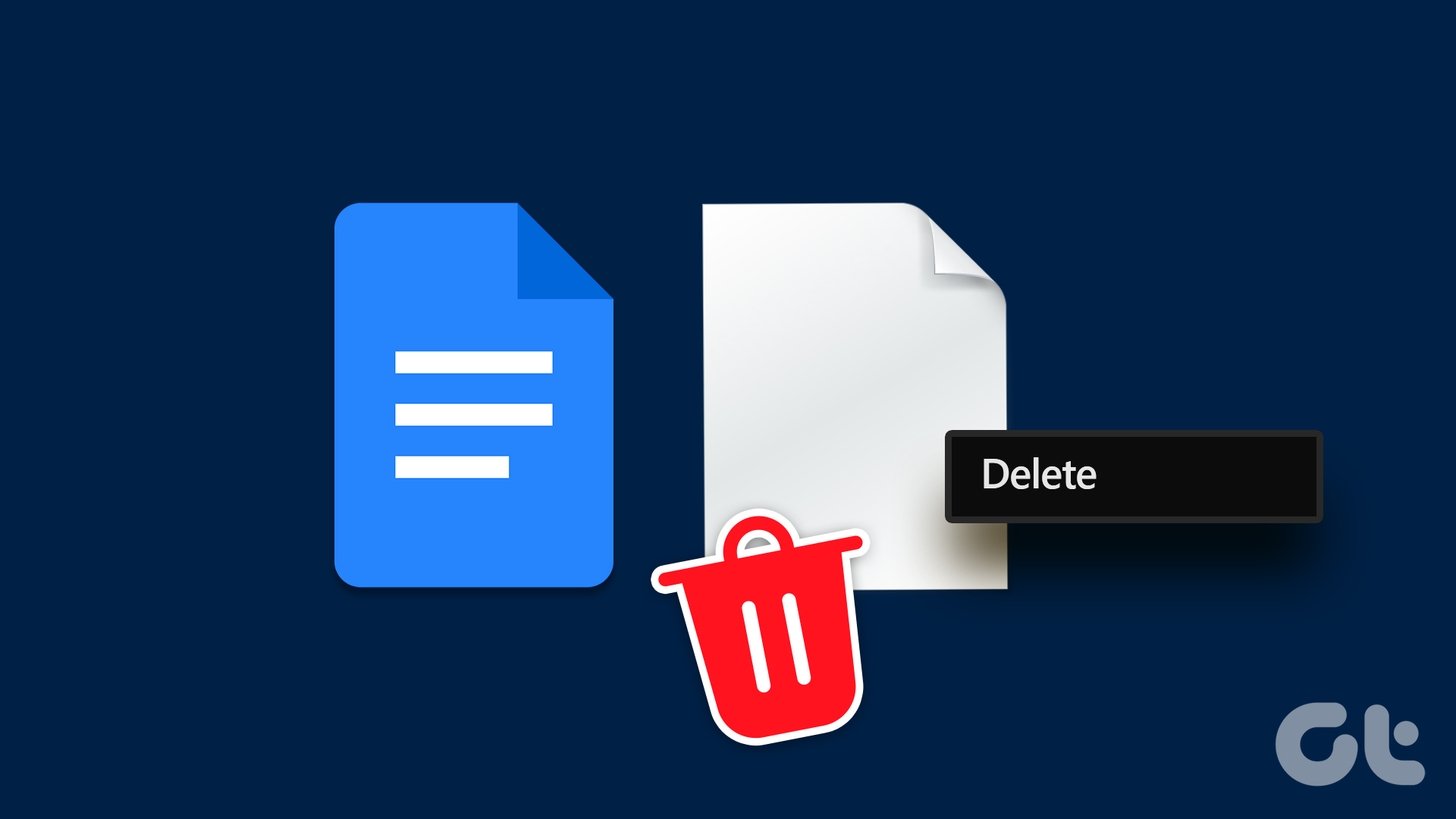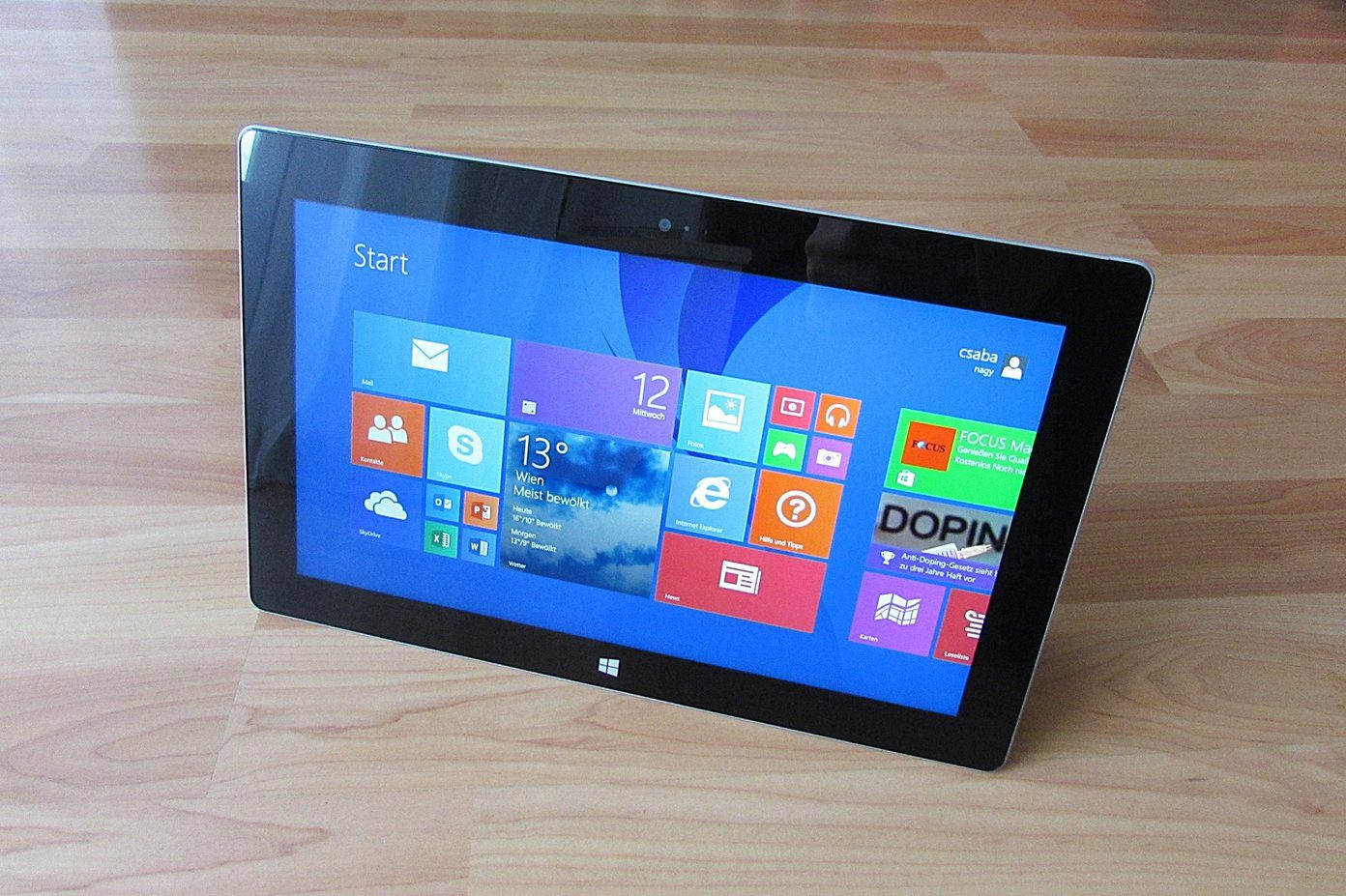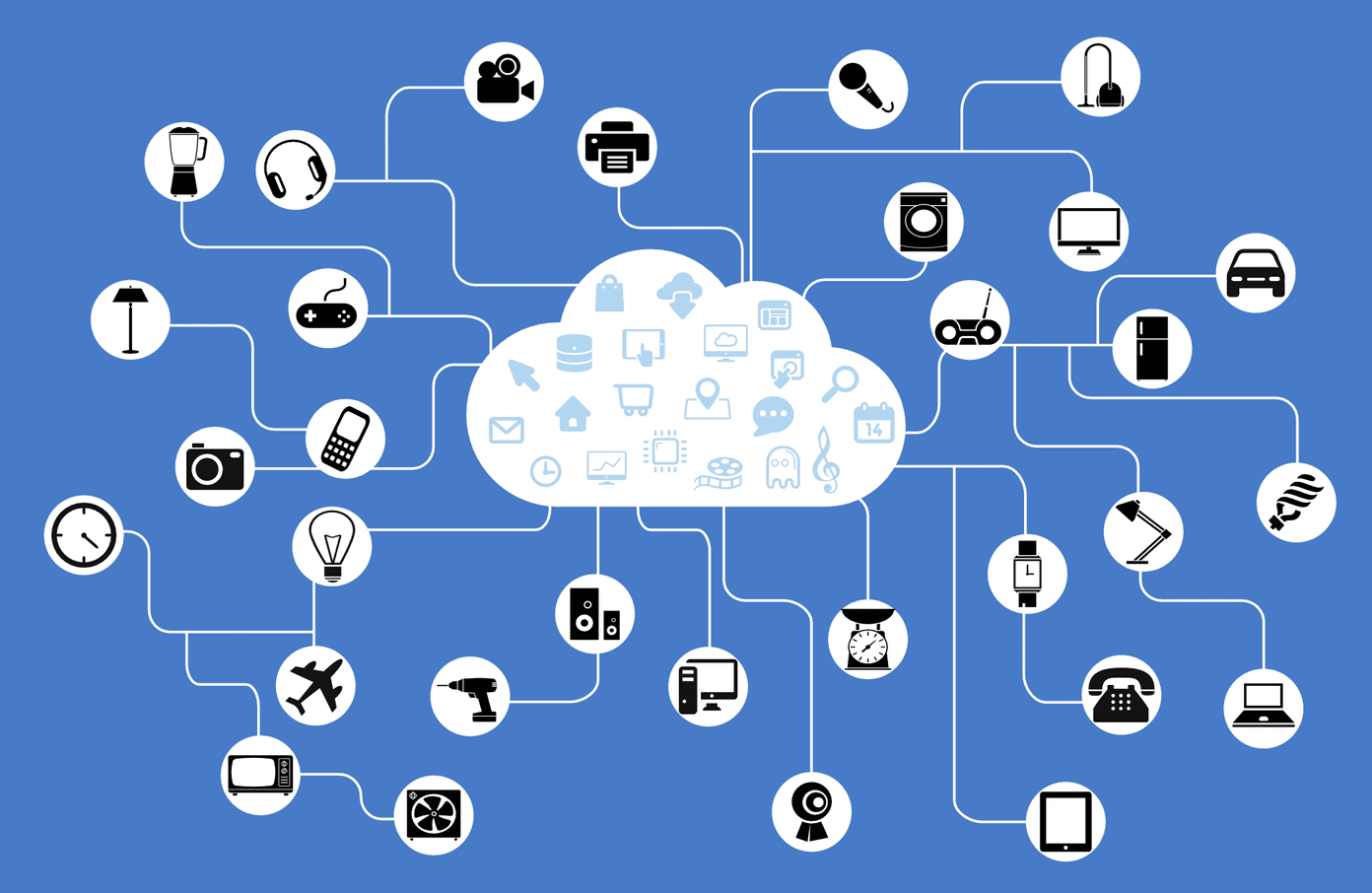While it is not something major that will affect the functioning of your Windows 10 OS or any app that you are using, it can still be frustrating, especially when you want to launch an app or open a folder from your desktop. There are a few solutions I found that should help. Let’s begin.
1. Update Apps and OS and Reboot
You know that’s the first thing we suggest. Open Settings and click on Update & Security. Under Windows Update tab on the left, you will find any updates that are pending to be downloaded or installed on your PC. You can also check for updates manually. Since this error is related to app icons, I would recommend updating apps to see if that resolves the missing or blank icons error. Open Windows Store, click on Download, and updates icon on the upper right. Mostly, you will see a number there if updates are found. If not, I would suggest you check manually once. Click on Update all to begin. When everything is updated, reboot your PC once and check if the icons reappear.
2. Uninstall Google Drive
Several users have reported that uninstalling Google Drive from their computer helped resolve the issue. If so, download a fresh copy of the app and try installing it again. If the problem persists, you will have to find an alternative or contact Google Drive support staff.
3. Reinstall Apps
Can you see icons for some apps and not for others. Maybe, the error is specific to some apps instead of being system wide? Updating apps didn’t work, did it? Try uninstalling the app and then reinstalling it from the Windows Store. You may also try installing it from the source site directly instead of using the Windows Store. It helped some users.
4. Icon Settings
Windows 10 comes with icon settings that you can tweak under Settings. These are for default desktop icons like Recycle bin and so on. Press Windows key+I to Open it and click on Personalization. Under Themes, scroll to the bottom to select Desktop icon settings. Select the item for which you are not seeing the icon and click on Change Icon here to replace it. If that doesn’t work, try the Restore Default button on the same screen.
5. Change Icon Manually
In the case of apps, you can change the icon manually. To do so, right-click on the app and select Properties. You can also use the Alt+Enter shortcut when the app is selected. Under the Shortcut tab, click on Change Icon to begin. If you have downloaded an icon pack from the web, you can browse to the folder and select that instead of going with the default options which are not so great, to be frank.
6. Update Display Adaptor Drivers
It is a long shot but still worth a try. Open the Device Manager and look for Display Adaptors. Update your graphics card drivers by right-clicking on it. Select Update driver here and follow on-screen instructions.
7. DISM and SFC Scan
The DISM command will service the Windows image and repair irregularities with the system files. The SFC scan will scan for corrupt system files and try to repair it. Open the Command Prompt with admin rights and type these two commands one at a time. You will find more info on this link.
8. Rebuild Icon Cache
It is probably the last thing you can do. Windows saves icon images as cache files to render them quickly when required, and without consuming too many resources. Over time, this cache memory could get corrupted or deleted. Sometimes, a recently installed third-party app may also interfere, as some users found with Google Drive. To rebuild the icon cache, close all apps and windows. Everything. Open Command Prompt with admin rights from Windows Search. Type this command to navigate to the directory where the icon cache is saved. You can copy and paste the commands. Press Ctrl+C to copy and right-click in Command Prompt to paste. Hit Enter when you see the command. Now type this command to find out if the icon cache files are indeed in that location. You should now see an output that should look like this.
iconcache_1280.dbiconcache_16.dbiconcache_1920.dbiconcache_256.dbiconcache_2560.dbiconcache_32.dbiconcache_48.dbiconcache_768.dbiconcache_96.dbiconcache_custom_stream.dbiconcache_exif.dbiconcache_idx.dbiconcache_sr.dbiconcache_wide.dbiconcache_wide_alternate.db
Type this command to stop the File Explorer. Your desktop will stop responding and will go blank or black. That’s cool. Now, type this command to delete the icon cache files. Now type this command to make sure that the files have been indeed deleted. If you still see some database entries, then either some apps are still running (interfering) or you have not followed the steps correctly. Start from the beginning. Finally, type this command to restart File Explorer. Close the Command Prompt. At this point, Windows 10 will reboot automatically, will recreate the icon cache files from scratch, and restart the File Explorer. That may take some time so be patient.
Iconic Icons
Some Icons are differently crafted and that’s how most people recognize apps. That is another reason why icons are important. They help create brand recognition. While the missing or blank icons error is nothing to worry about, you should still try and resolve it to avoid future headaches. Next up: Fancy using your Windows 10 computer in tablet mode? Click on the link below to learn how. The above article may contain affiliate links which help support Guiding Tech. However, it does not affect our editorial integrity. The content remains unbiased and authentic.
![]()
![]()
![]()
![]()
![]()
![]()
![]()
![]()
![]()
![]()
![]()
![]()
![]()
![]()

![]()
![]()





